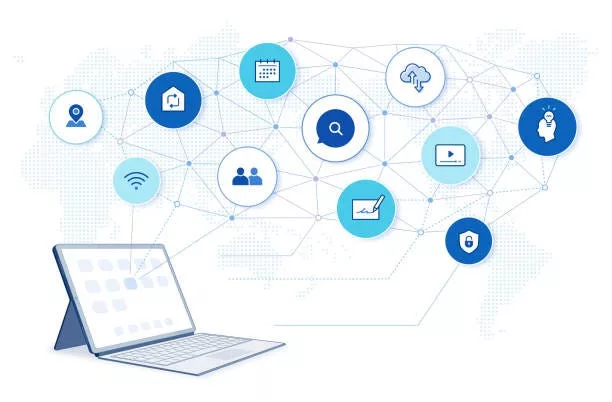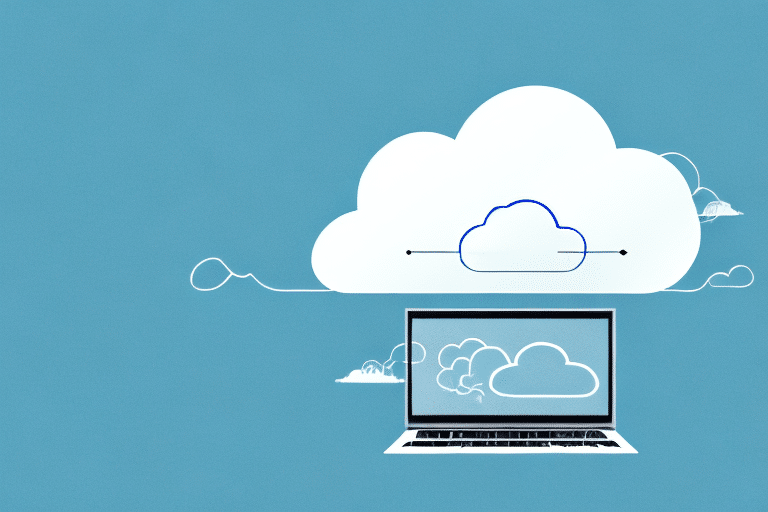In the era of big data and advanced analytics, organizations are increasingly seeking to leverage their data to gain valuable insights and make data-driven decisions. Google Cloud Platform (GCP) provides a robust suite of tools and services that empower developers and data engineers to build data applications that harness the full potential of their data. In this article, we will explore the process of building data applications on GCP, covering key aspects such as data storage, processing, analysis, and application deployment.
1. Understanding GCP’s Data Services
GCP offers a comprehensive set of data services that cater to various data application needs. Data engineers and developers should first gain a solid understanding of these services to make informed decisions during application development. Some of the essential data services on GCP include:
- Google Cloud Storage: A scalable and cost-effective object storage service, ideal for storing and accessing unstructured data such as images, videos, and backups.
- Cloud Bigtable: A fully-managed NoSQL database designed to handle large-scale, low-latency workloads, making it suitable for time-series data and IoT applications.
- BigQuery: A serverless, fully-managed data warehouse that allows users to perform fast SQL-like queries on vast datasets, enabling real-time analytics.
- Cloud Pub/Sub: A messaging service that facilitates the real-time ingestion and delivery of event data from various sources.
- Cloud Dataflow: A fully-managed service for both batch and stream processing, enabling data engineers to build data pipelines with Apache Beam.
Understanding the capabilities and use cases of these services is crucial in architecting efficient and scalable data applications.
2. Data Ingestion and Integration
Data applications rely on the ability to ingest data from various sources, such as databases, data lakes, APIs, and streaming platforms. GCP offers several options for data ingestion, depending on the data source and application requirements:
- Cloud Dataflow: For real-time and batch data processing, Cloud Dataflow is a powerful choice. It allows data engineers to ingest, transform, and enrich data from multiple sources seamlessly.
- Cloud Pub/Sub: When dealing with streaming data, Cloud Pub/Sub provides reliable and scalable messaging capabilities. It can ingest and distribute events to different data applications or data stores.
- Cloud Storage Transfer Service: For large-scale data migrations or one-time data transfers, the Cloud Storage Transfer Service can efficiently move data from on-premises to the cloud.
- Cloud Data Transfer Service: If the data resides in third-party SaaS applications, GCP’s Cloud Data Transfer Service can handle data imports from sources like Salesforce, Google Ads, and more.
3. Data Storage and Management
Selecting the appropriate data storage solution is vital in building data applications. GCP offers various storage options to accommodate diverse data needs.
- BigQuery: For analytical data warehousing and querying massive datasets, BigQuery is a powerful option. Its serverless nature allows developers to focus on data analysis rather than infrastructure management.
- Cloud Bigtable: For applications that require low-latency and high-throughput access to large-scale data, Cloud Bigtable is an excellent choice. It is ideal for time-series data, IoT data, and other scenarios where real-time data access is crucial.
- Firestore: A fully-managed, serverless NoSQL document database, Firestore offers flexible and scalable data storage for web and mobile applications.
- Cloud Storage: For storing unstructured data like images, audio, and backups, Cloud Storage provides cost-effective and durable object storage.
Developers should consider data volume, data structure, access patterns, and performance requirements when choosing the appropriate storage solution.
4. Data Processing and Analytics
The heart of data applications lies in the ability to process and analyze data to derive valuable insights. GCP offers various data processing and analytics services to meet different application needs:
- Dataflow: As a fully-managed service for stream and batch processing, Dataflow allows developers to build data pipelines with ease. It supports Apache Beam, which provides a unified programming model for both batch and real-time data processing.
- Dataproc: For Apache Hadoop and Apache Spark workloads, Dataproc is an ideal choice. It provides a fully-managed cluster environment, allowing data engineers to focus on data processing tasks without worrying about cluster management.
- AI Platform: When building data applications that require machine learning capabilities, AI Platform offers a suite of tools and services for developing, training, and deploying ML models at scale.
- Data Studio: For data visualization and reporting, Data Studio provides an intuitive and interactive interface to create dynamic dashboards and reports using data from various sources, including BigQuery.
Combining these services enables developers to perform complex data processing tasks and gain meaningful insights from the data.
5. Application Development and Deployment
Once data processing and analysis are complete, it’s time to build data applications that provide valuable outputs and user interfaces. GCP offers various development and deployment options, depending on the application requirements:
- App Engine: For building scalable web applications, App Engine is a fully-managed platform-as-a-service (PaaS) offering. Developers can focus on writing code, and App Engine handles infrastructure management and scaling automatically.
- Kubernetes Engine: If the application requires containerized deployments with high availability and scalability, Kubernetes Engine provides a managed Kubernetes environment.
- Cloud Functions: For building lightweight, event-driven microservices, Cloud Functions is a serverless compute platform that automatically scales based on demand.
- Firebase: When building mobile or web applications, Firebase offers a suite of tools for app development, including authentication, real-time databases, cloud messaging, and more.
6. Security and Compliance
Data applications must adhere to strict security and compliance standards to protect sensitive data and ensure data privacy. GCP provides robust security features, including encryption at rest and in transit, Identity and Access Management (IAM), and audit logging. Developers should implement appropriate security measures, follow best practices, and conduct regular security assessments to protect data and maintain compliance.
Conclusion
Building data applications on Google Cloud Platform empowers organizations to unlock the full potential of their data. By leveraging GCP’s suite of data services for ingestion, storage, processing, and analysis, developers and data engineers can create scalable, efficient, and secure data applications. From real-time data streaming to building interactive dashboards and deploying machine learning models, GCP provides a comprehensive ecosystem for developing and deploying cutting-edge data applications that drive business success.





